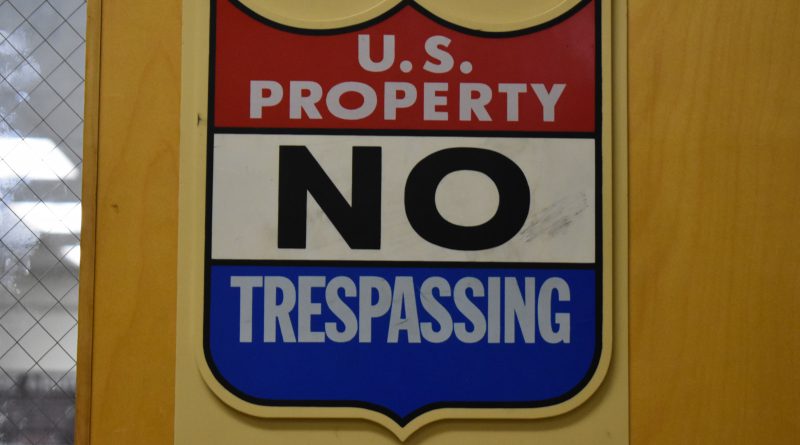Shutdown Showdown: Why lawmakers need to compromise
Currently, we are under an “emergency” in the United States. A dispute over a wall, to be exact. We are in the stage of a partial government shutdown due to the non-cooperation of both sides — and it seems as though it’s entirely the fault of one side. The shutdown commenced as a disagreement over border protection, but now this shutdown seems to be serving as a huge filibuster — for the president.
The shutdown is due to his demands for $5.7 billion in taxpayer money to build a border wall, which is a big change of ideas from the original campaign demand that Mexico pay for the wall. In addition, the president’s claim that Democrats refuse to pay for the wall is simply untrue. Democrats have approved $1.3 billion for border security—including a fence. This, however, is not enough, and perhaps a steel wall could end all of our U.S immigration troubles. We’d need some sort of change within the economy to fully fund the wall.
Sure, the new trade deal with Mexico seems like it’ll fund the wall, but the only benefits would be lower tariffs for U.S businesses or higher wages for workers. Taxpayers will still need to fund the wall. Comparisons have been made between the shutdown of 2013 and the current shutdown, primarily as a means to put fault on both sides. Currently, this is the longest shutdown in U.S history, and there is no foresight to when the shutdown will end. The shutdown of 2013 was focused on the issues of Obamacare and the debt ceiling. Obamacare was already an established law at the time. Funding for the wall is not. This is not, however, a digression from the main issue: illegal immigration.
Is illegal immigration a problem? Absolutely. A 2011 study by the Government Accountability Office estimated that undocumented immigrants had committed 25,000 homicides, 42,000 robberies and nearly 70,000 sex offenses. If the majority of Americans want to fund the wall, then the wall will be built. However, a call for a government shutdown does nothing but affect U.S citizens, primarily government workers. Paychecks are on hold for some 800,000 federal employees forced to go on unpaid leave or work without pay since December 22 because of the shutdown.
With disputes on both ends of the political spectrum, it’s easy to see how sticking to principles is a comforting idea. However, the hope of making a compromise stands in a majority of U.S voters. The Hill-HarrisX poll shows that 72% of voters think Trump and lawmakers should make a deal to end the partial government shutdown. 61% of the Republicans surveyed said they wanted a compromise.
Ultimately, the people will have the final say, and that’s how the U.S government works. In the words of President Trump (2013) himself, “You have to be nice and be angry and be wild and congeal and do all sorts of things, but you have to get a deal.”
